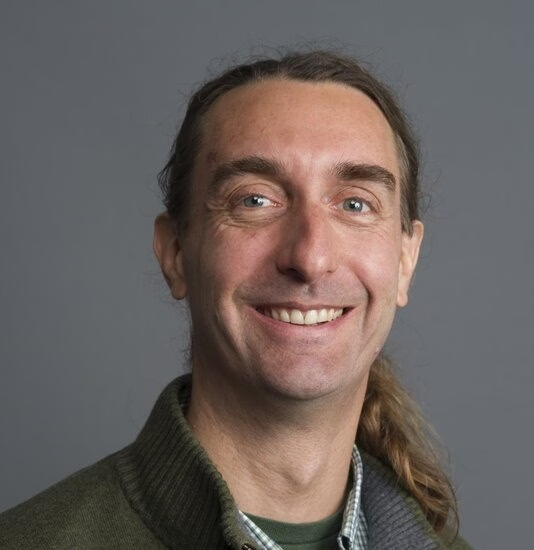In your role as a PhD supervisor, how do you promote and protect your candidates’ right to academic freedom, particularly when their research addresses politically or socially sensitive matters?
The freedom of scholars and students to research, teach, discuss, and communicate ideas without undue interference or fear of sanction is a cornerstone of higher education and scientific integrity.
Yet this freedom is increasingly under pressure, especially when addressing politically or socially sensitive issues, such as racism, genocide, climate change, vaccination, or LGBTQ+ rights.
At the same time, recent cases show that the notion of academic freedom can be misused to allow or even promote opinions that are immoral or ungrounded in fact, at the expense of PhD students.
During this workshop, participating supervisors will be encouraged to share their own experiences and perspectives. Additionally, we have invited two speakers to both reflect on academic freedom and scientific integrity values, and to illustrate how academic freedom can come under pressure, and how to navigate through that in a way that protects your academic freedom.
Relevant background reading:
'Lawfare against Academics and the Potential of Legal Mobilization as Counterpower' by Jeff Handmaker
 Prof. dr. Esther Rozendaal
Prof. dr. Esther RozendaalModerator | Dean EGSH | Professor of Digital Resilience | Co-lead of the Erasmus Movez Lab
 Prof. dr. Irene van Staveren
Prof. dr. Irene van StaverenSpeaker | Professor of Pluralist Development Economics at the Institute of Social Studies (ISS)
Prof. dr. Van Staveren will offer a reflection on UNESCO’s definition of academic freedom and EUR’s scientific integrity values. Dr. Jeff Handmaker
Dr. Jeff HandmakerSpeaker | Associate Professor of Legal Sociology at the Institute of Social Studies (ISS)
Dr. Handmaker will further illustrate how academic freedom can come under pressure, drawing on examples from research and teaching related to Palestine.

